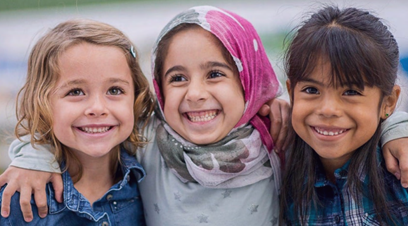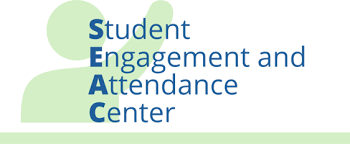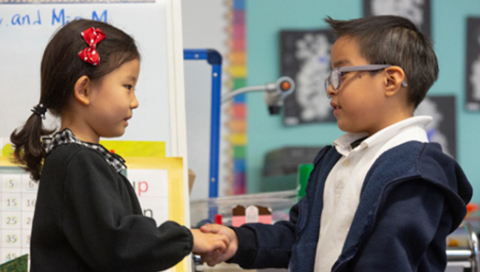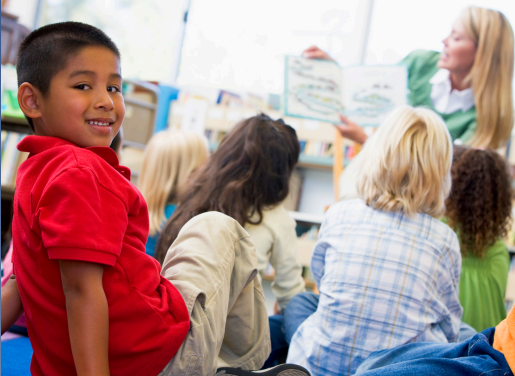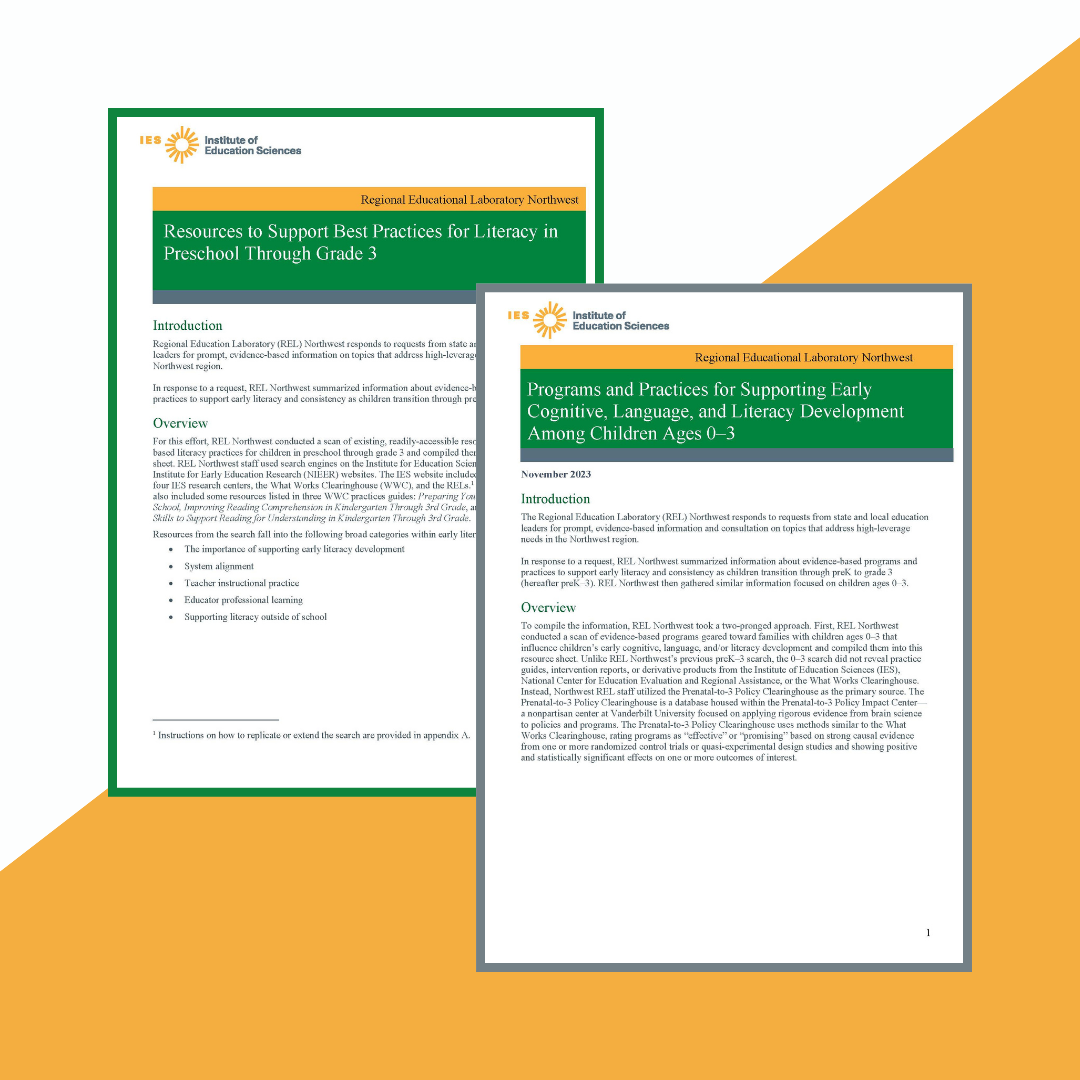CDC Guidance: The Department does not control or guarantee the accuracy, timeliness, or completeness of resources from State and local resources. State and local resources reflect the most up-to-date guidance and information publicly available at the time that these resources were developed. For the most current guidance regarding physical safety of early childhood center, school, and campus facilities, see the Centers for Disease Control guidance at https://www.cdc.gov/coronavirus/2019-nCoV/index.html.
No Endorsement: Please note, the Clearinghouse is not intended to serve as a comprehensive compendium of ideas "approved" or endorsed by the U.S. Department of Education or the Safer Schools and Campuses Best Practices Clearinghouse. The intention is to catalyze learning about the ongoing health crisis and how it affects our schools in real time. We encourage teachers, faculty, and staff to use these resources as they develop their paths to safely reopening in-person learning.
The pages and documents posted on this site include links to information created by other public and private organizations. These links are provided for the user's convenience. ED does not control or guarantee the accuracy, relevance, timeliness, or completeness of this non-ED information. The inclusion of these links is not intended to reflect their importance, nor is it intended to endorse views expressed, or products or services offered, on these non-ED sites. Further, the U.S. Department of Education will not include commercial product endorsements, nor any strategies that are not legally supportable or that may lead a user to violate Federal law.
Federal Programing: Inclusion of or publishing of any submissions in the Clearinghouse website does not necessarily equate endorsement from the U.S. Department of Education or from the Federal government, nor is it a certification of the effectiveness of the suggestion. Inclusion of State and LEA reopening plans is not a determination by the U.S. Department of Education that such plans fully reflect guidance from the Centers for Disease Control and Prevention or necessarily meet all of the requirements of the ARP Act and other relevant statutes or regulations.
Copyright Notice: The resources posted on the Safer Schools and Campuses Best Practices Clearinghouse are for educational and informational purposes only. All materials developed by the Federal Government are in the public domain and may be reproduced, published, or otherwise used without permission. However, the site also includes links to resources created by other public and private organizations. Those resources may contain copyrighted materials, the use (i.e., reproduction, dissemination, or editing) of which may not have been specifically authorized by the copyright owner.



